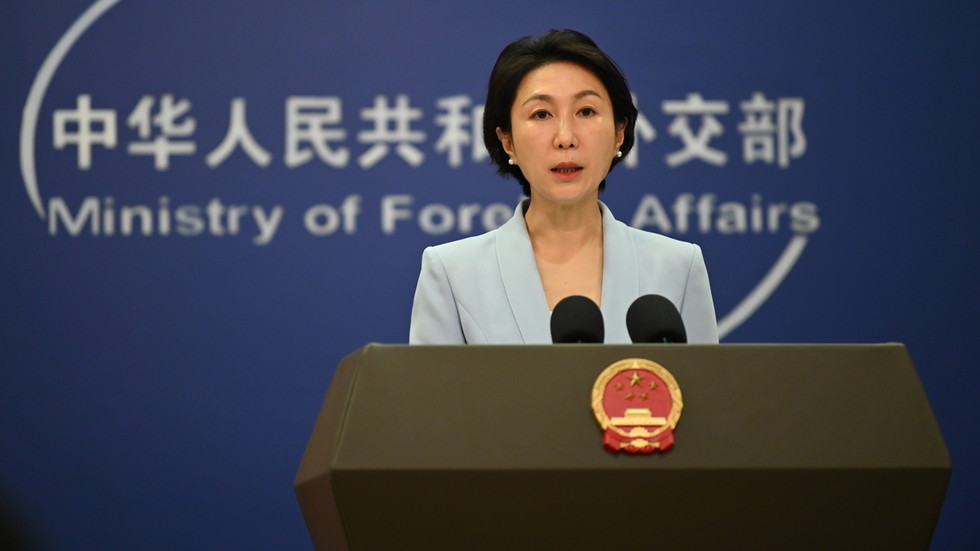Tensions between South Korea and China have escalated following the remarks of South Korean President Yoon Suk Yeol, which the Chinese Foreign Ministry has firmly opposed. During a recent address, Yoon linked accusations of espionage to the political dynamics within South Korea, particularly addressing his political opposition’s refusal to pass legislation that would enable him to impose stricter penalties on foreign spies. He cited two incidents involving alleged Chinese operatives using drones to survey US and South Korean military assets, claiming that these developments influenced his decision to declare martial law in South Korea last week. The Chinese government’s response, articulated by spokeswoman Mao Ning, highlighted a disapproval of Yoon’s attempts to politicize bilateral relations by framing internal political issues through the lens of external espionage threats.
Mao stressed that Beijing does not engage in the internal affairs of other countries but firmly opposes the linking of domestic political matters to accusations against China. During a briefing, she indicated that the accusations levied by Yoon lacked substantial evidence, pointing out that no definitive conclusions have been reached concerning the cases he mentioned. This response underscores a common concern in international relations: the tendency of political leaders to utilize external threats as a means of rallying domestic support. While Yoon’s assertions seem to serve this purpose, they have provoked considerable backlash from China and may hinder cooperative efforts in areas such as trade and environmental initiatives.
The context surrounding these accusations includes two high-profile incidents of Chinese nationals entered into South Korean law enforcement scrutiny. One involved the arrest of three Chinese individuals who allegedly used a drone to spy on a US aircraft carrier docked in Busan, while another case saw a Chinese man detained for flying a drone over South Korea’s National Intelligence Service headquarters. These incidents have understandably fueled security concerns; however, the Chinese government has emphasized the importance of fairness in how South Korea manages these espionage allegations. The potential ramifications of these accusations play into broader geopolitical considerations, as South Korea navigates its relationships with both China and the US.
Moreover, Yoon’s presidency is currently clouded by significant political challenges, including an investigation into potential insurrection surrounding his martial law declaration. As South Korea prepares for a parliamentary vote regarding Yoon’s impeachment, public sentiment appears overwhelmingly against him, with a Gallup Korea poll indicating that only 11% of respondents approve of his leadership, while 75% support his impeachment. This dire approval rating reflects growing dissatisfaction with his handling of both domestic and external affairs and adds an additional layer of complexity to the already strained relations between South Korea and China.
Amidst this backdrop, discussions regarding China-made solar power facilities have also drawn Yoon’s criticism, with claims that such developments would threaten forest ecosystems in South Korea. In response, Mao emphasized China’s contributions to global green initiatives and the pressing need for collaboration in environmental efforts, framing the discourse on climate change as an area where cooperation could lead to more constructive outcomes. This juxtaposition of security concerns and environmental cooperation highlights the multifaceted nature of international relations, where competing narratives can drive public opinion and political action on both sides.
In summary, the current diplomatic tensions between China and South Korea underscore the fragile nature of bilateral relations influenced by internal political climates, historical grievances, and immediate security concerns. The ongoing investigation into Yoon’s martial law measures and the increasing calls for his impeachment serve as a reminder of how domestic turmoil can spill over into external political discourse. As both nations navigate these challenges, the balancing act between addressing legitimate national security threats and fostering cooperative relations becomes increasingly complex, necessitating careful engagement and dialogue from both parties to prevent further escalation.

